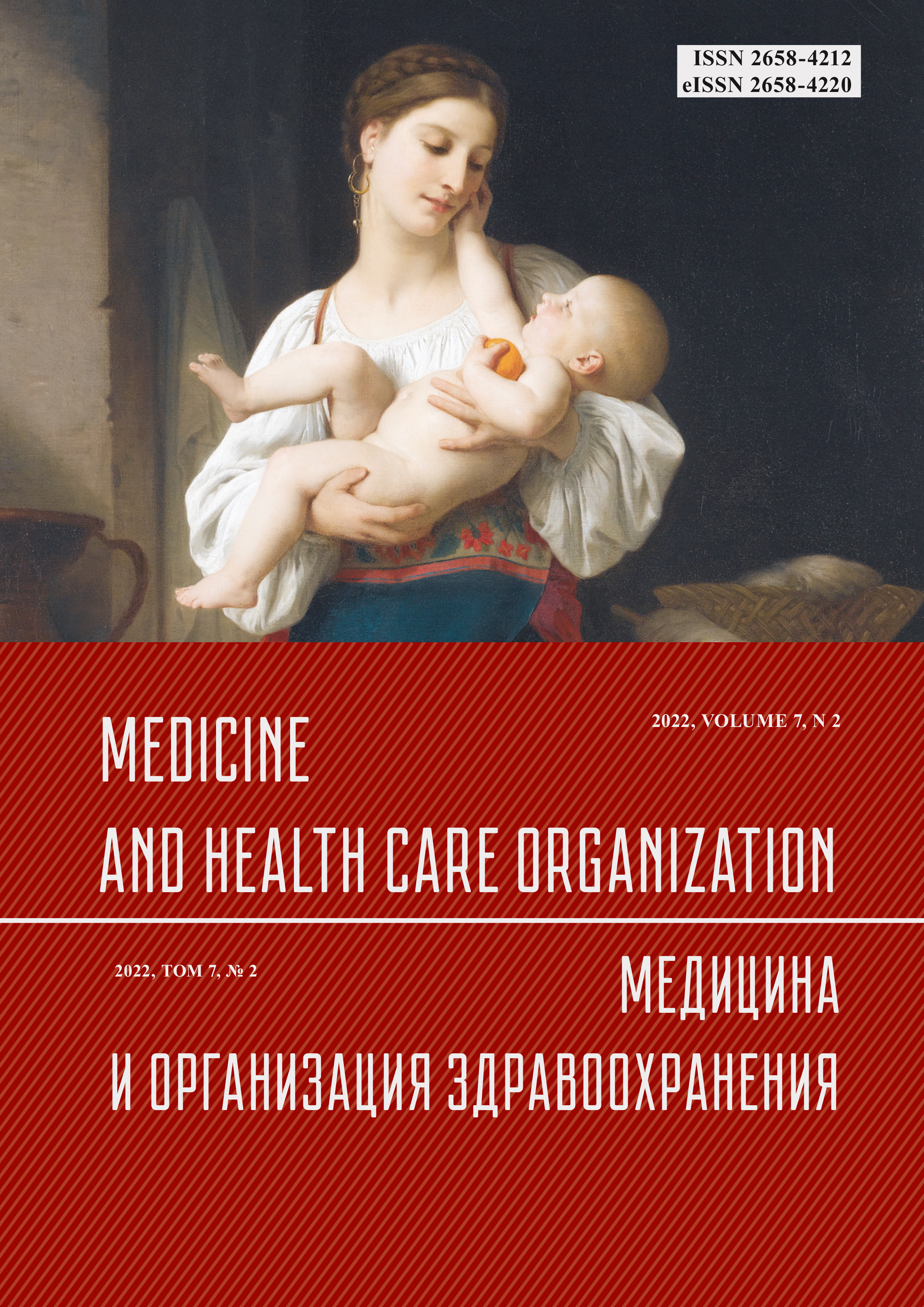COVID-19 PANDEMIC IN UZBEKISTAN AND SOME VACCINATION ETHICS ISSUES
Abstract
For the last one and a half to two years, the problem of COVID-19 has worried almost the entire medical scientific world. Numerous recommendations are being developed for the management of COVID-19 patients with varying degrees of severity and complications. The article presents a description of various problems caused by the emergency situation in the Republic of Uzbekistan. The peak incidence of COVID occurred in June 2020, and especially affected the southern regions of the country, where a high population density is recorded. A special republican commission to combat coronavirus has been organized. The article emphasizes that the interaction between WHO and the government of the Republic of Uzbekistan was of importance. Vaccination of the population is recognized in the republic as a reliable means that can put an end to the pandemic. Mass vaccination started on April 1, 2021, the following vaccines were available to the population: Anhui Zhifei Longcom Biopharmaceutical, CoronaVac (developed by the Chinese biopharmaceutical company Sinovac); Sputnik V (Gam-Kovid-Vak, developed by the National Research Center for Epidemiology and Microbiology named after N.F. Gamaleya of the Ministry of Health of Russia); AstraZeneca (developed by the University of Oxford and AstraZeneca); Moderna (developed by the American company Moderna); Pfizer/BioNTech COVID 19 Vaccine (developed by German biotech company BioNTech in collaboration with US Pfizer and China’s Fosun Pharma). In addition, the ZF-UZ-VAC2001 vaccine developed by Anhui Zhifei Longcom Biopharmaceutical in collaboration with the Institute of Microbiology of the Chinese Academy of Sciences (IMCAS) and the Center for Advanced Technologies under the Ministry of Innovative Development of the Republic of Uzbekistan in February 2021 was widely used. Uzbekistan received the status of a co -executor in connection with the contribution of the Ministry of Investment and Foreign Trade (MIFT) and the Ministry of Health of the Republic of Uzbekistan to the clinical trial of the drug ZF-UZ-VAC2001. Later, local authorities decided to start producing this vaccine in the country. For this purpose, the Chinese company has chosen JV Jurabek Laboratories in view of its laboratory, technical and production capacities. The Ministry of Innovation emphasized that clinical trials of the vaccine in Uzbekistan were carried out in accordance with the international standard for ethical standards and the quality of scientific research GCP (Good Clinical Practice). The legal basis for compulsory vaccination in Uzbekistan is the Law of the Republic of Uzbekistan No. ZRU-393 dated August 26, 2015 “On the sanitary and epidemiological well -being of the population”. Legislative activity, amendments to a number of laws of the Republic of Uzbekistan in connection with a new coronavirus infection are also considered in detail. Attention is paid to some ethical issues of the emergency situation of the COVID-19 pandemic in Uzbekistan. In this direction, there is a particularly close interaction with the bodies of WHO and UNICEF. Further work is planned to develop a number of specific legal documents on the ethical issues of vaccination against COVID-19.



